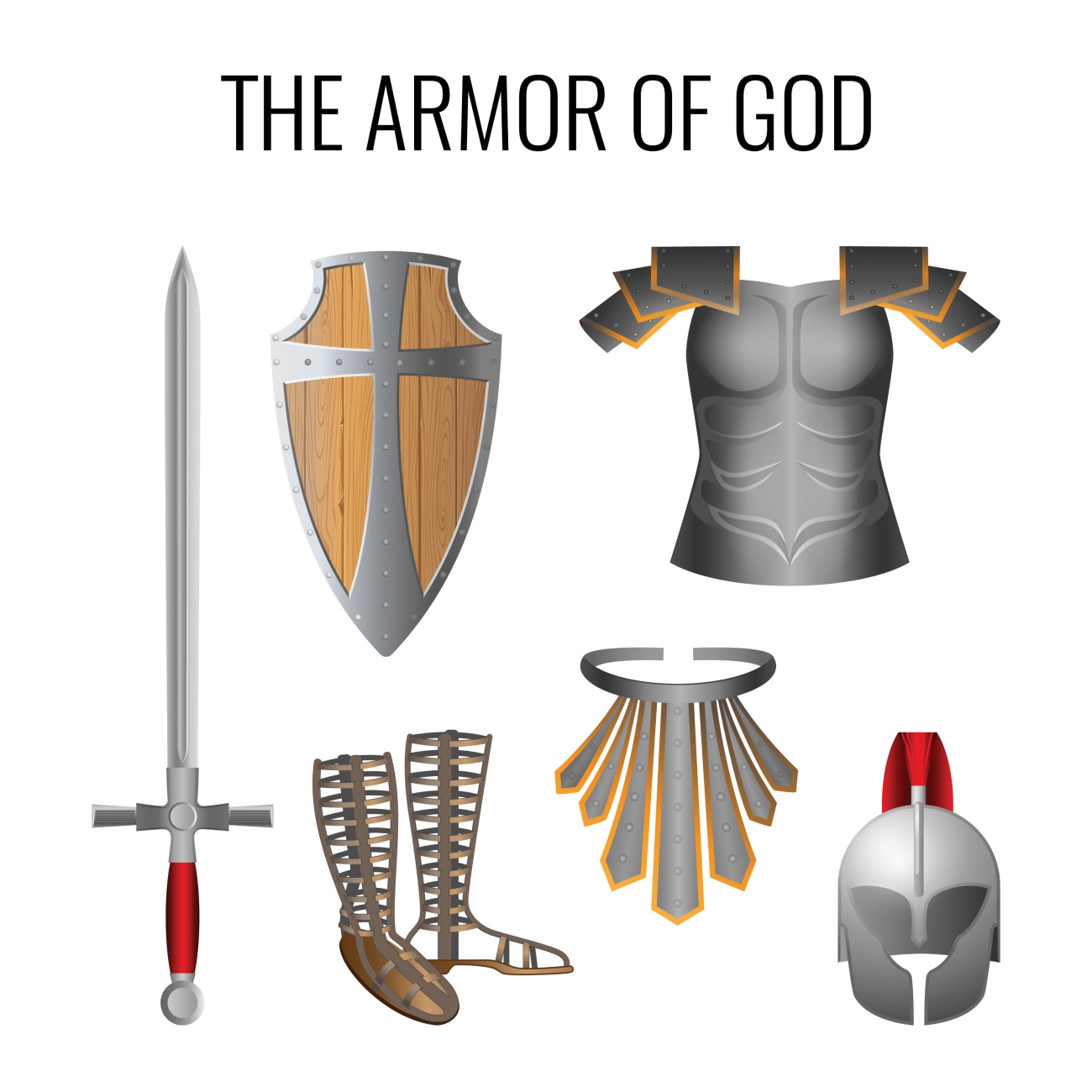The Weapons of our Battle are not of Flesh, 2 Corinthians 10:4
It is only by keeping our eyes on Jesus that we can reconcile our broken relationships.
Paul’s second letter to the Christian community at Corinth has a very different tone than the first. In a very short time, the Corinthian community has become divided and involved in many crises of one kind or another. This letter is very personal and Paul has written it out of very deep self-reflection about his relationship to this community. He is speaking very frankly to the Corinthian community and his words are as purposeful and meaningful to us in our own time.
Paul is pulling out all the stops and bringing in the “big guns” in his efforts to bring the community back into communion here. He deals with many issues in the letter and because of the many conflicts, confusions, and divisions that have arisen due to the words and actions of “intruders” in the community, he is forced to assert his authority clearly and with conviction. His ability to produce profound theological arguments is evident here, too. We would do well to read and listen deeply to this letter, for in many ways we are the Corinthian community, caught up as we are, in our clashes, confusions, and divisions. We are challenged to take his words to heart as they are, ultimately, the words of God’s wisdom through His Holy Spirit. All of his arguments here center on the destiny of Jesus and his paradoxical reversal of worldly values.

In 2 Corinthians 10, Paul writes in response to some who have accused him of “acting according to the flesh”, and of weakness. We see some of these accusations in Christian circles today. He says, “For, although we are in the flesh, we do not battle according to the flesh, for the weapons of our battle are not of the flesh but are enormously powerful, capable of destroying fortresses” (vs. 3-4). Arguments, prejudices, ideologies, etc. are often held with all of the blind tenacity, determination, and defensiveness of a fortress. Such false accusations and their defenses are just as formidable in their ways as the high walls and motes of a fortress. And these are the outward signs of broken relationships. The Incarnation of Jesus Christ teaches us that it is relationships (between God and us, and between ourselves and others, even those whom we call our enemies) that save everything. It is only by keeping our eyes on Jesus that we can reconcile our broken relationships.
There is no weakness in these statements. Paul is not acting according to the flesh but through a force far greater than any human force. What he is responding to in Corinth is not unfamiliar to us. Wars and irrational “clashes, confusion, and divisions” are very much with us today. How should we respond to these worldly things as followers of Christ? History has made nonsense of worldly promises of peace achieved by war, but the history of God’s kingdom shows that the peace of God is indeed achieved by waging war in the wisdom of Christ against all the powers of evil that attempt to disguise themselves as “wisdoms” but are, in fact, temptations to sin. The weapons of God are more powerful and they become ours through our complete obedience to God’s Law, not that of the world.

What might these weapons be then? We need only to look at Ephesians 6:11 for that answer: “Put on the whole armor of God.” What kind of armor is that? “The belt of truth, the breastplate of righteousness, the shield of faith, the helmet of salvation, and the sword of the spirit/word of God” (Eph 6:14-17). This is what we Christians say we believe, but do we? Do our works reveal our faith? Do our actions toward peace and justice in our daily lives model this faith? Might “putting on the armor of God” be the way to “turn our swords into plowshares” in our daily dealings with our families, our neighbors, our enemies? What would the world be like if the mass of Christians in the world really, openly, humbly and joyfully lived in accord with the Law of God in their daily lives?

Finally, let’s look at the closing remarks of Paul in this letter and take them seriously, “Mend your ways, encourage one another, agree with one another, live in peace, and the God of love and peace will be with you. The grace of the Lord Jesus Christ and the love of God and the fellowship of the Holy Spirit be with all of you (2 Cor. 13: 11-13).
SKM: below-content placeholderWhizzco for FHB

